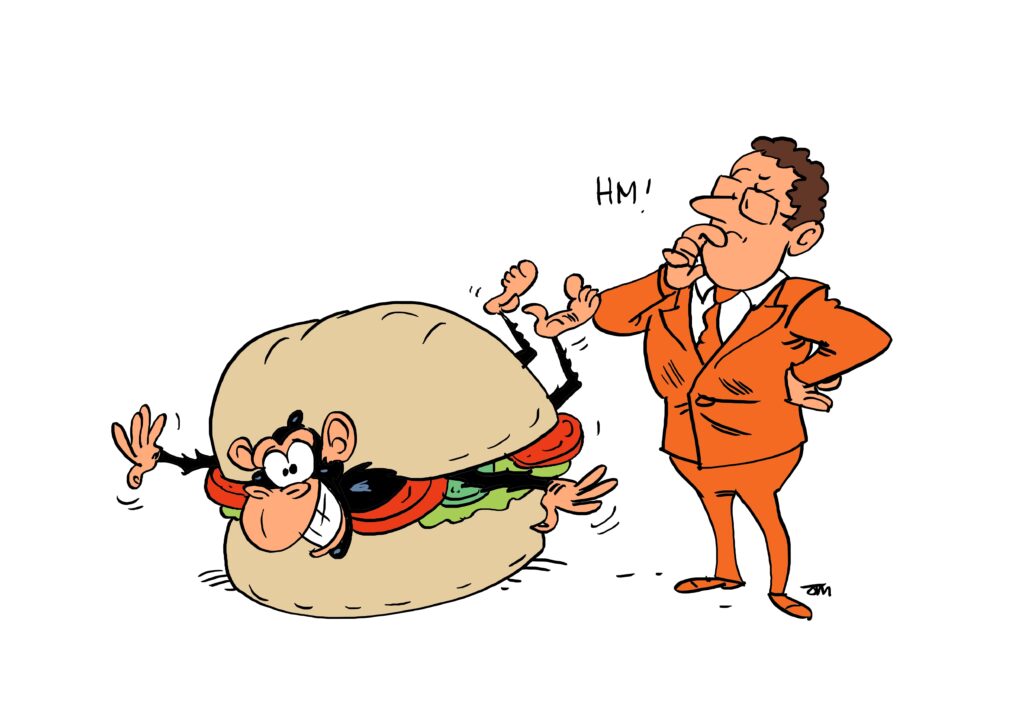Stocks options through employment – how does it work tax wise
Some employers provide their employees with the option to purchase stock options in the company. A question we often get is how does this work tax wise?
Stock options and taxation
In the past the stock option tax calculation was a complex calculation that had to take into account all kind of vesting and exercise moments. In 2001 that changes to a simple system.
The simple system works as follows: The moment that the stocks are being paid out is the moment that the stocks are taxed with wagetax. This is done via the regular income tax brackets, so for 37.10% for the income below EUR 68.508 and for 49.5% for the income above EUR 68.508 (2021 rates).
Employers are audited once in a while by the Dutch tax office. Then sometimes a correction is made on the tax withheld on stock option. As that cannot be charged to the employees anymore, this extra tax is a company costs. To avoid that, nearly all employers simply withhold the maximum tax rate of 49,5% (2021). If that is too much, the employee can claim back the too much part in the income tax return.
Which country can tax the stock options?
The income is taxed in the country where you have obtained the stocks. If you for instance are working and living in the Netherlands and the stocks are from a Dutch employer, then they will be taxed in the Netherlands according to the Dutch tax rules.
If you for instance lived and worked abroad, accumulated the stocks during this time and you receive income from the stocks whilst being a Dutch resident, this would have to be taxed in the country where you worked when you accumulated the stocks.

A mix of foreign tax and Dutch tax over the stock options is possible. A question we receive often is:
Where is for me tax wise the best to be taxed
We understand the question, but you have no choice or influence in the matter. The employer is responsible for collecting the correct tax on the stock options. That implies the employer has gained taxed advice where the options are to be taxed. What is best for you, the employee, is not relevant for the employer. The employer needs to withhold the correct amount of tax.
Keeping the shares, not cashing
Some employees decide not to cash the stock options but to keep the shares. This is a bit of a tricky situation.
Example
You exercise your stocks with a value of EUR 900.000. EUR 500.000 you receive as shares and EUR 400.000 will be paid out to you.
The tax rate is 49.5%.
49,5% over EUR 900.000 is EUR 445.500. However, you only cash EUR 400.000, which implies you need to pay the employer EUR 45.500 to settle the tax over the exercise. This could be a problem
Simple plan becomes complex
The above example was in case of a choice not to exercise. But what if you are not permitted to exercise as long as you are employed, or till the company goes to the stock exchange. The situation could result in you needing to exercise due to the stock option rules. This exercise is taxed, but you have no cash.
For the employees who are in the above mentioned situation the Dutch Government has announced a simple plan last month: provide a delay in payment. The first moment the shares can be sold is the moment the employee is obliged to pay the tax over the stock option exercise.
Where does this simple plan become complex: in Parliament. We have 19 political parties of which nearly none have tax experts, but they all want to have a say in the simple proposal.
Exercised stock options but not cashed
If you exercised the stock options and you kept the shares. What happens after the tax was paid over this transaction? If the shares you hold are less than 5% in the company, the shares have become part of your Box 3 assets. That implies you pay roughly 1.4% tax over the value if you still own the shares on January 1 of a year.
In case you sell the shares and make a capital gain, this gain is not taxed. For private individuals we do not know capital gain tax in the Netherlands.
Tax is exciting
We think tax is exciting. The current simple rules we are very much excited about. We also understand some have timing issues with the exercising moment and moment the shares can be sold. For that new rules are created.
We fear the political influence on the proposals that soon will be send to Parliament. Then again, most politicians are not interested in tax at all, even though it pays all their bills. The new rule could be accepted without any glance taken by the politician. Which is not uncommon with tax regulations.
My name is Kelly Postema and I will be pleased to assist you with your stock options questions.






